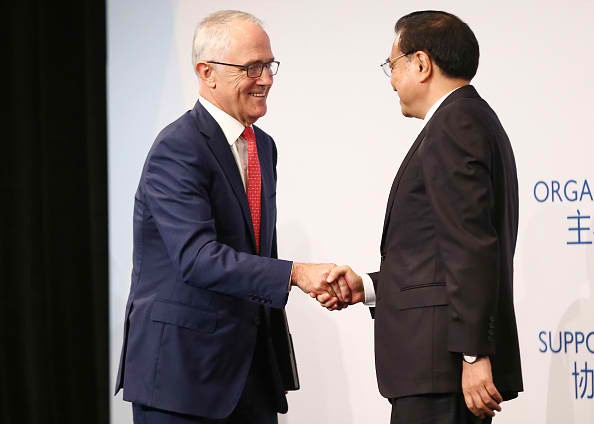The second most powerful man in China, Premier Li Keqiang, met with Australian Prime Minister Malcolm Turnbull to seal a deal on bilateral trade and enter a new phase of the partnership between the two countries.
During the meeting, China gave access to 11 Australian beef importers and lifted restrictions on Australian chilled meat.
Prime Minister Turnbull said that Australia is the only country with this kind of special arrangement with China.
He said, "Australia is the only country in the world with this market access. This new agreement will drive significant future growth."
The rising purchasing power of the Chinese middle class is driving a huge demand for Australian beef. Annual imports have already reached $600 million a year.
Australia's Agriculture Minister Barnaby Joyce said that he is looking into exporting donkey meat, kangaroo meat and other edible skins to China.
He said, "What we are providing is food for a more affluent society. Once people start making a buck and they eat fillet steak they want to eat it again and again and again."
According to a statement by the State Council, the trade ties between Australia and China have been going strong for the past eight years. Australian imports reached $3.68 billion, a 56.1 percent year-on-year growth.
Both Li and Turnbull took the opportunity to explain China's stand on controversial issues like North Korea and the South China Sea dispute.
Turnbull praised China for putting a stop to coal exports to North Korea and following the United Nation's resolution on security.
Li said that China is not militarizing the South China Sea and the facilities being built in the area are for civilian use.
"With respect to the so-called militarization, China never has any intention to engage in militarization in the South China Sea," said the premier.
He added, "China's facilities on Chinese islands and reefs are primarily for civilian purposes, and even if there is a certain amount of defense equipment of facilities, it is for maintaining the freedom of navigation and overflight."



























